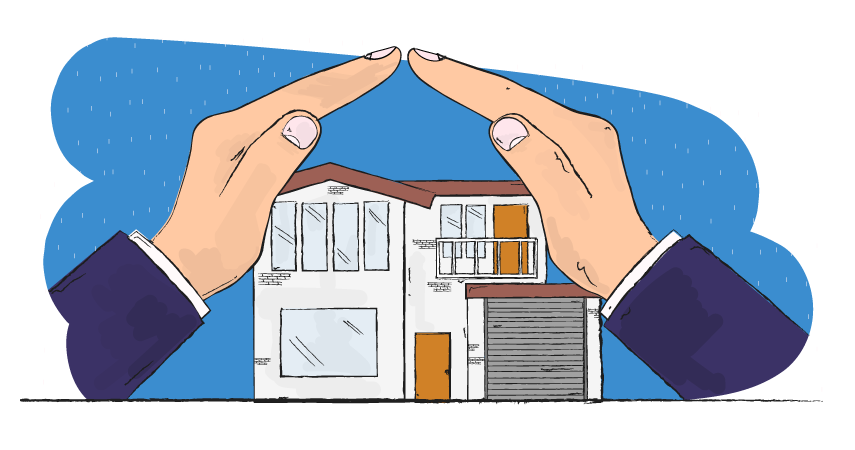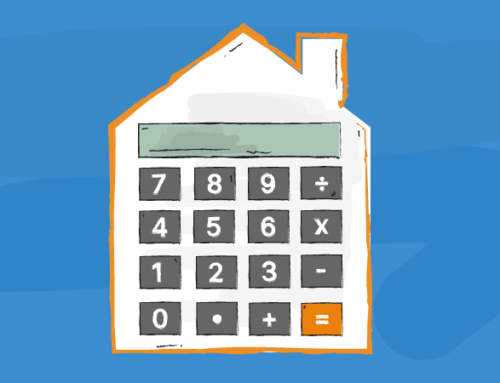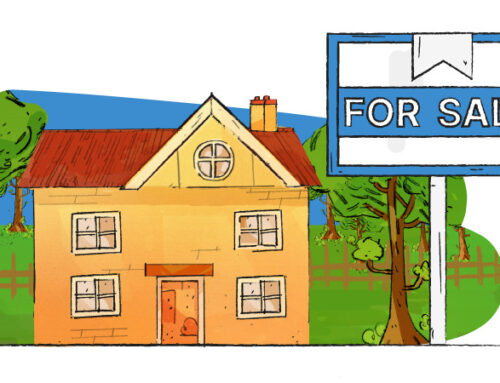Who is responsible for accidental damage in a rental property?

Even the perfect tenant can have mishaps, but who is responsible for accidental damage in a rental property and what insurance should a landlord have for accidental damage?
Ultimately, the tenant is responsible for any damage that they cause to the property they are renting, and they should consider protecting themselves with tenants insurance for accidental damage to landlords’ property. However, this is not compulsory, and as a landlord you may need to rely on your own accidental damage insurance to fund repairs until you can get repayment from tenants or make deductions from their security deposit at the end of the tenancy.
So, even though the tenant is ultimately responsible, you should check your landlord insurance policy provides enough accidental damage cover to enable to you get essential repairs done promptly.
Tenants should actively be encouraged to report damage as soon as possible, but they may choose to ignore minor incidents until the end of their stay. They might have a different idea than you do of what is urgent and needs fixing immediately to prevent further damage.
Regular landlord inspections can help to highlight any damaged items and anything of concern that could risk the safety of your tenants. You have a duty of care to provide safe accommodation, and should undertake urgent repairs without delay.
What is covered by accidental damage insurance for tenants?
First, let’s be clear what we mean by accidental damage. We define it as physical damage caused suddenly and accidentally, and not through wear and tear, breakdown or malfunction.
A landlord insurance policy can cover accidental damage caused by tenants to the buildings, which may include the following:
- The main structure of the property and its permanently fitted fixtures and fittings
- Domestic outbuildings and private garages
- Tennis courts
- Terraces
- Patios
- Paths
- Drives
- Walls
- Gates
- Fences
- Hedges
- Lampposts
- Railings
- Permanently installed swimming pools, hot tubs and Jacuzzis
- Permanently fitted central heating/fuel tanks, septic tanks and cesspits
- Permanently fitted solar panels
- Permanently fitted flooring
A landlord insurance policy can also cover accidental damage caused by tenants to contents such as household goods within the premises, which you own or are legally liable for. This may include:
- Radio and television aerials, satellite dishes, satellite television receiving equipment, their fitting and masts which are attached to the property
- Items in outbuildings, garages or sheds, which are situated within the boundaries of the premises
- Metered water or domestic oil in a fixed oil tank
- Carpets
A full list of what is covered by your insurance policy will be found in your policy documents.
Renters can also check for accidental damage insurance for tenants, not only for their own belongings, but also to cover their liability for damage to landlords’ property.
It’s worth making extra sure that the tenancy agreement or welcome pack – or both – make it very clear that if they damage property, tenants will be liable to pay for repairs or replacements.
Some landlords and agents recommend tenants accidental damage insurance as a condition of letting but, as mentioned above, you cannot force tenants to protect themselves. It’s still worth reminding them about the availability of such cover, as it can be taken out at any time, not just at the start of a tenancy.
What accidental damage insurance does a landlord need?
You will probably be familiar with the concept that you, as the landlord, insure the building, including any fixtures and fittings.
You should make sure it includes accidental damage to contents cover for items you provide such as carpets, curtains, free-standing furniture and white goods. Some policies include a degree of this accidental damage to contents cover as standard, but you should check the level of cover provided is sufficient.
You are not responsible for furniture and belongings that the tenants bring with them. It is up to them to decide whether or not to insure their personal possessions, which these days are likely to include expensive tech items.
How to make sure you get your money back
Landlord accidental damage cover is there for loss or damage to contents such as carpets, curtains, blinds, and white goods belonging to you while they are at the premises for the sole use of the tenant. These would typically appear on the inventory, so when the property is checked you’ll be able to cross reference any contents that are damaged. Whether you fund repairs directly or go via your insurers, you can seek recompense from the tenant.
When you do replace or repair, the costs should be reasonable. You should also only recharge for like-for-like replacements. If you decide to use the replacement as an opportunity to upgrade, then you shouldn’t charge the tenant the difference between the specification they had and the new one you choose.
Ideally, arrangements will be amicable and your well-referenced tenants will be as keen to live in a property in good repair as you are to keep it that way. Payment for them will hopefully be prompt and you might not have to worry about making an insurance claim – but it’s good to have the option.
What insurance should a landlord have for accidental damage?
Standard home insurance may not be enough for a residential let property. When renting to tenants, consider the risks that your property investment may be exposed to, such as damage caused by tenants. Consider finding suitable cover such as landlord insurance or buy-to-let insurance.
Tenants insurance for accidental damage of landlords’ property
Our comprehensive Landlord Insurance provides 40 covers as standard. Visit our Landlord Insurance product page to learn more about the protection offered by our 5 Star Defaqto rated cover.
The sole purpose of this article is to provide guidance on the issues covered. This article is not intended to give legal advice, and, accordingly, it should not be relied upon. It should not be regarded as a comprehensive statement of the law and/or market practice in this area. We make no claims as to the completeness or accuracy of the information contained herein or in the links which were live at the date of publication. You should not act upon (or should refrain from acting upon) information in this publication without first seeking specific legal and/or specialist advice. Arthur J. Gallagher Insurance Brokers Limited trading as Just Landlords accepts no liability for any inaccuracy, omission or mistake in this publication, nor will we be responsible for any loss which may be suffered as a result of any person relying on the information contained herein.




